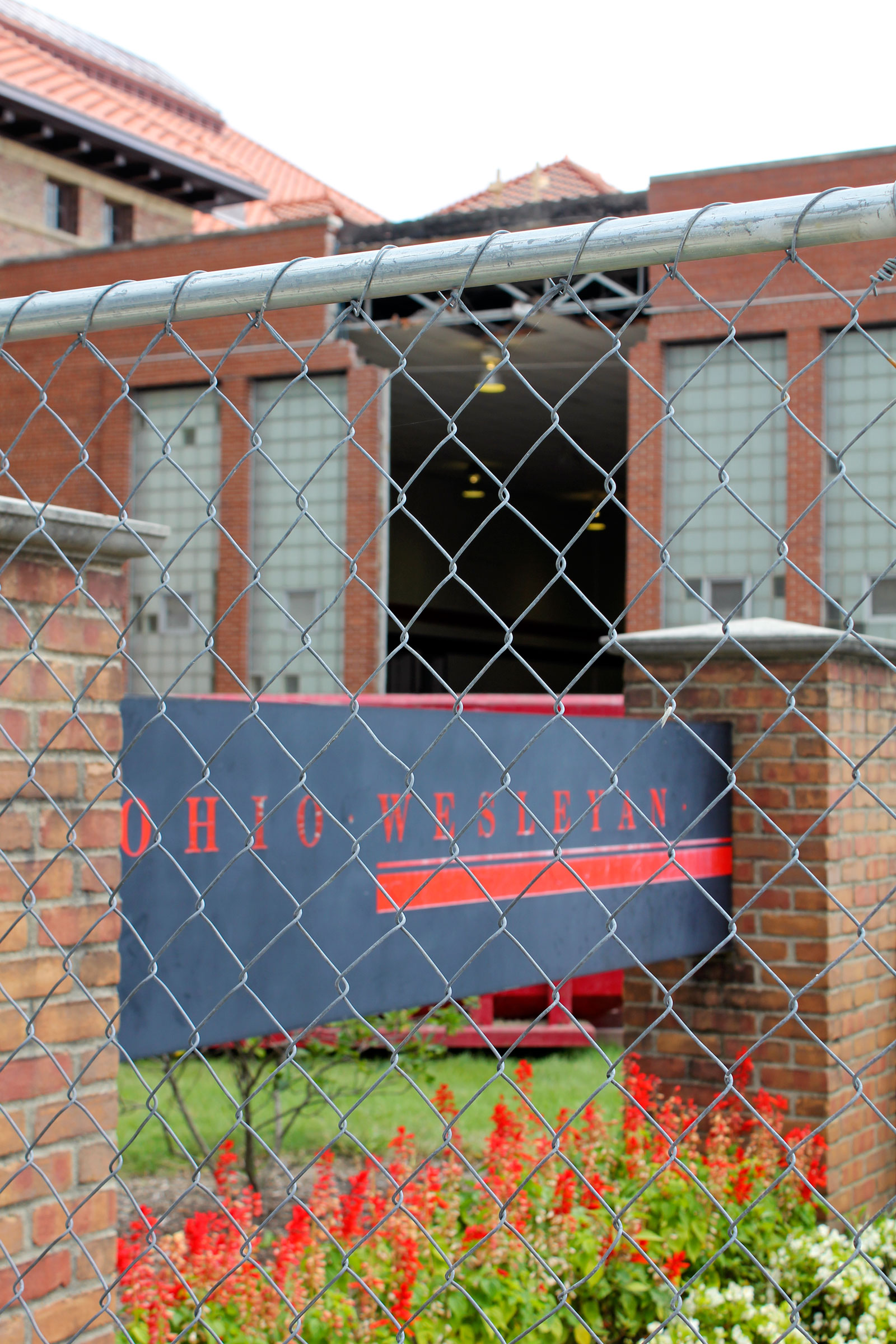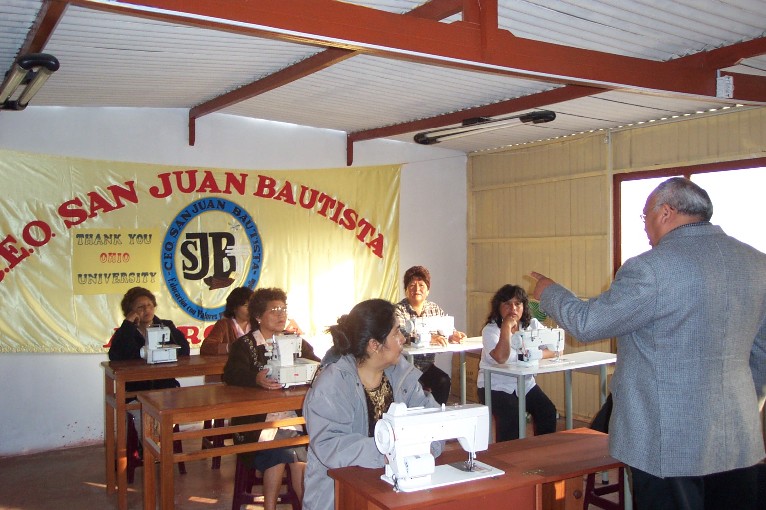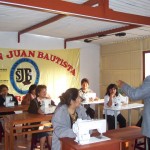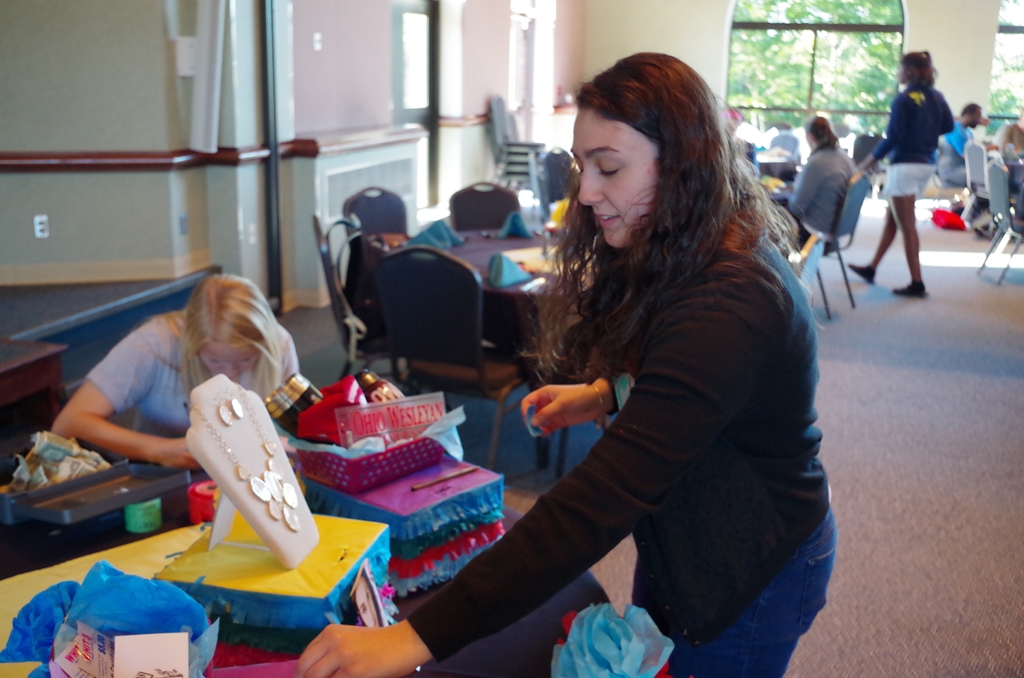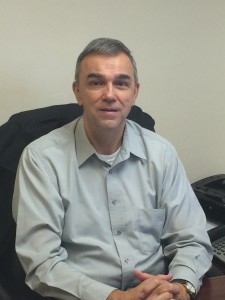


Photos taken from The Strand’s Facebook page
A magic show and a free screening of the season premiere of American Horror Story: Freak Show are just some of the upcoming events at Delaware’s historic theatre, The Strand.
The Strand Theatre, located at 28 E. Winter St., is having its first major fundraiser in the form of a magic show called Shazam! on October 11 at 1 p.m. and 7 p.m., and October 12 at 2 p.m. According to manager Cathy Amato, the show’s magician is Steve Kline, who has toured all over the country and, according to Amato, has “a fantastic reputation.”
Sophomore Wyatt Hall has been working at The Strand for over a year, and said the theatre had worked with Kline before when he helped set up a previous magic show.
“It (Shazam!) is a family-friendly show, but it will keep interest for people who are older, like college students would probably find it exciting,” Hall said.
Tickets are now on sale for $10 for adults and $5 for children 12 and under. The money raised will go toward updating The Strand.
“The Main Screen is in desperate need of help and this will help us raise money,” Amato said. “We are usually the ones that try to help other groups raise money for their own benefit, but this time around it is to help us. The Strand will be 100 years old in 2016.”
Amato and her husband were the previous owners of The Strand, but have since sold the theater to OWU. It is now part of the Cultural Arts Center, but Amato is “back at the wheel” as the Strand’s manager.
The Strand Theatre will also be screening The Walking Dead’s season premiere on October 12 at 9 p.m. and the Columbus Blue Jackets game at Washington Capitals on November 11 at 7 p.m. These events are free of charge.
“We have tons of Blue Jacket fans and we thought it would be good to show them here on nights that fans can’t go in person,” Amato said. “We’ve done this thing a few times with lots of fun.”
The Strand will only be screening upcoming Blue Jackets games that are away and the screenings will always be on a Tuesday.
American Horror Story: Freak Show is the fourth season of the FX show American Horror Story and the premiere episode will be screened on October 8 at 10 p.m.
According to Amato, the idea to screen the show came from an OWU student who graduated last spring and who had worked at The Strand for many years.
“He knew it could be a big hit and I was ready to try it out,” Amato said.
The Strand has been screening television shows for about a year, and Amato said she isn’t sure how it got started.
All the upcoming screenings are required to be free of charge, so The Strand will only be making money off concessions.
Amato said The Strand is having these events because they want to be “a community theater accessible to the community and beyond for additional activities besides movies.”
She said movies do best on weekends and early evenings, so this way The Strand can be more accessible to other possibilities without hurting their movie business.
Hall said his favorite event is the Beer and a Movie nights, which are a collaborative effort between The Strand and Barley Hopsters. The $20 admission covers the cost of three beers and movie.
“It (The Strand) is a place that you don’t find everywhere,” Hall said. “I think it’s got more character than megaplex theaters.”
For more information about their events, you can like The Strand on Facebook.







